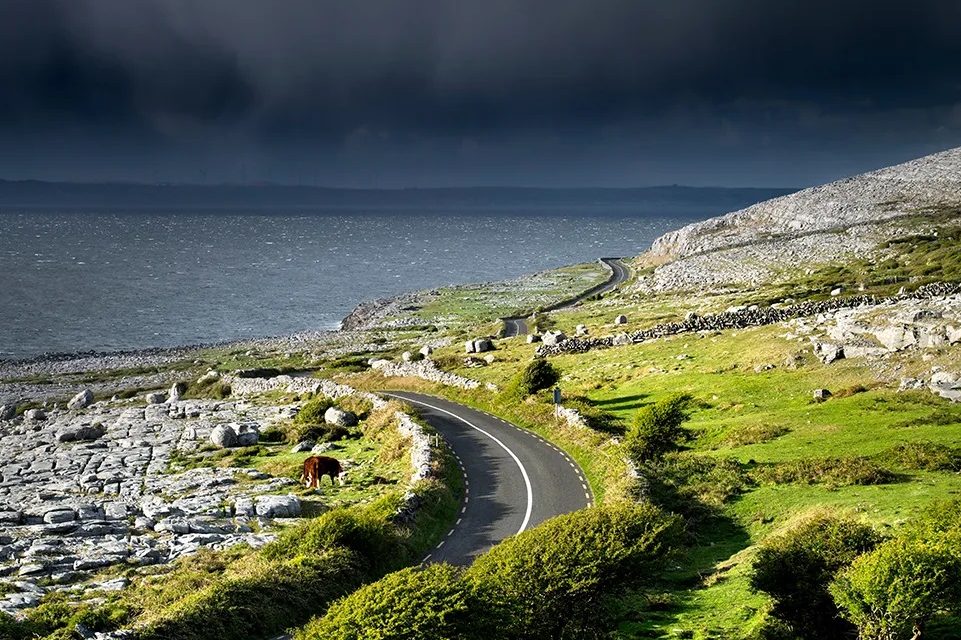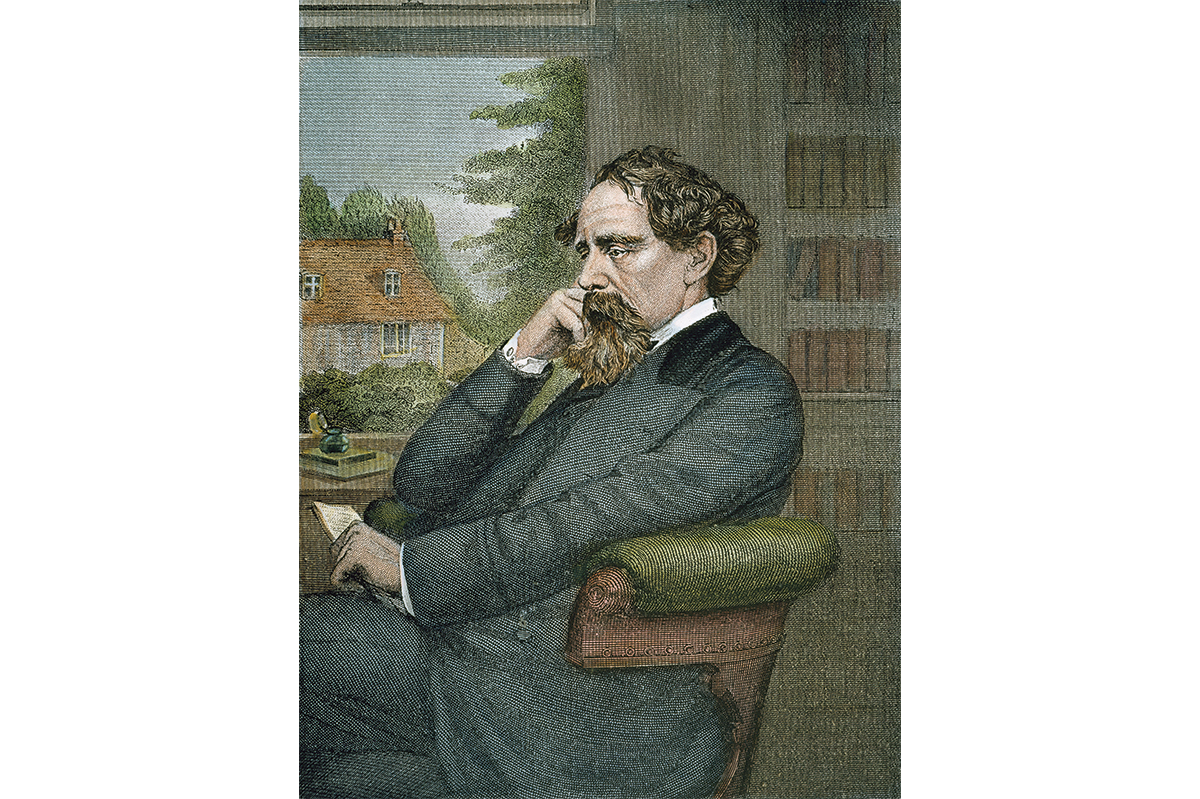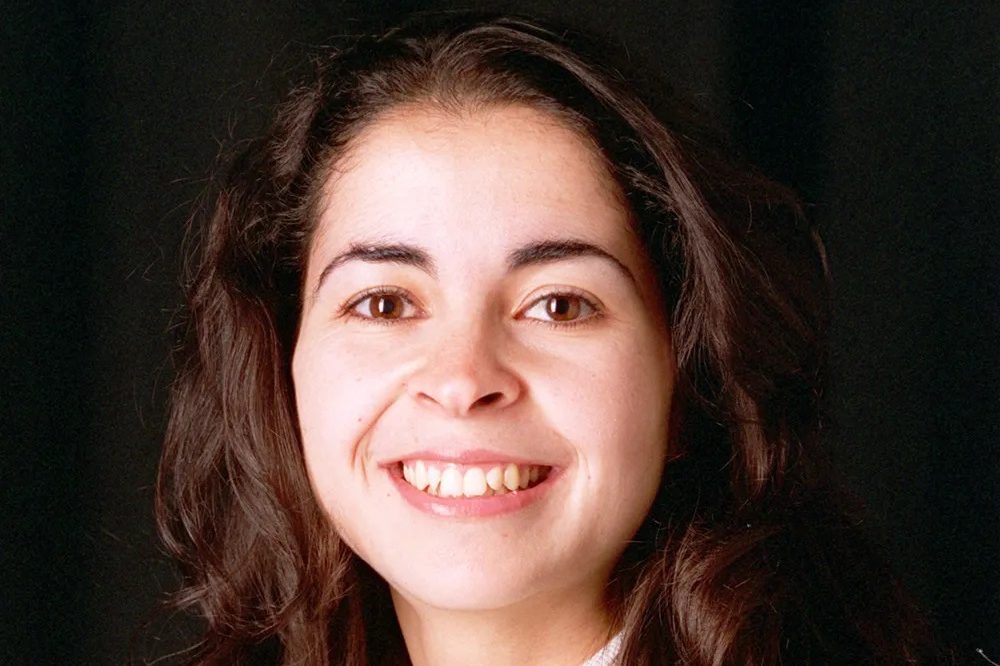Contemporary Irish writers have a knack of making their recent past feel very foreign. Clare Keegan’s Small Things Like These is set in 1985, but the horrors she reveals about one of Ireland’s Magdalene laundries seem more like ancient history. Alan Murrin pulls off something similar in The Coast Road, where in late 1994 divorce is still illegal in Ireland, unlike the rest of Europe.
Izzy Keaveney, a housewife with two teenage children, “has the depression” and has dragged herself to Sunday morning mass despite a hangover. She spent the previous evening at a dinner-dance, listening to her politician husband James give a talk about the importance of business in the local community. “Are you going to spoil another night?” he’d asked as they’d driven along the coast road, at the edge of Co. Donegal, to the event. Things aren’t going well in the marriage.
But things aren’t going well for many of the couples in the small fishing village of Ardglas. Donal Mullen lost interest in his wife Dolores over the summer — “usually a sign he had another woman on the go.” And Colette Crowley, who left her husband and sons to take up with a married man in Dublin, is back in Ardglas, desperate to be allowed to see her children. When she asks to rent the white stone cottage on the hill flanking the Mullens’ land, Dolores instantly regrets saying yes.
This, then, is the backdrop to Murrin’s compelling snapshot of one conservative Catholic community ahead of a landmark change to domestic life. His use of the close third person is an effective way to convey multiple viewpoints, from Father Brian, a recent arrival who has struck up a friendship with Izzy, to Niall, Izzy’s teenage son. Murrin is an astute and sensitive writer. One woman “floated around the place like she was haunting her own life” after her husband left in the morning and the kids went off to school. The landscape is made to work hard, echoing moods and signaling trouble. When Izzy sets off to track down Father Brian after weeks of not seeing him, “the sky held the same dull uniformity it had all week, so unusual for this time of year when you could expect every kind of type of weather in a single hour.”
One minor quibble is the page-long prologue, which opens the story in March 1995 and gives too much away. “That’s another story altogether,” Izzy tells a detective when he asks how she knew a fire on the headland had been set intentionally. But in Murrin’s capable hands, it’s a story that will make you think — not least about the slow pace of change in Catholic Ireland.
This article was originally published in The Spectator’s UK magazine. Subscribe to the World edition here.


























Leave a Reply